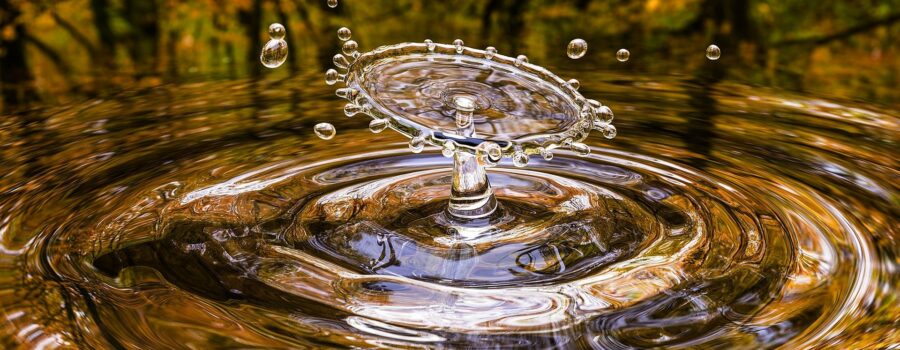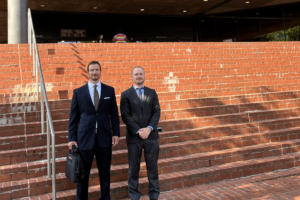A Clear Win: Codified Transparency
By: Angela Haren, Senior Attorney, Director of Legal Innovation
A powerful part of many environmental laws is the ability for the public to step in and enforce against polluters when the government fails to do so. The vast number of pollution violations coupled with government agency funding constraints or unwillingness to enforce, means that many polluters simply get away with putting harmful contaminants into our air, land, and water. Congress anticipated this reality and included provisions in laws to protect our environment and public health (such as the Clean Water Act) that allow anyone who is potentially harmed by the pollution to step in and take a polluter to court for their violations. Congress intended for the public to help government agencies to hold polluters accountable and abate pollution.
In order to exercise this enforcement right, the public needs access to information about pollution violations. But how does anyone know if a polluter is contaminating your water illegally? In many states around the country, and in the Bay region, this information is available online. In fact, until now, Maryland was the only state in the Bay region that did not post this information online. Instead, interested members of the public had to file a request to the agency – called a Public Information Act request – and go through an archaic paper process that was both time intensive and often costly.
Chesapeake Legal Alliance (CLA) helps individuals and groups across the Bay Region hold polluters accountable and exercise their enforcement right. For many years this effort was strained in Maryland due to lack of access to information. But, thanks to a new Transparency and Accountability bill that passed the Maryland General Assembly in 2021, Marylanders will now get the information they need to enforce their rights at the click of a button. CLA was proud to work with sponsors Delegate Brook Lierman and Senator Sarah Elfreth on HB 204/SB 324.
It might seem hard to get excited about the words often used to describe this bill, such as “transparency” and “accountability”; admittedly the bill language itself can be a bit dense and hard to decipher. But – Don’t let the wonkiness fool you! This new law is exciting and will make a significant difference in the effort to clean up Maryland’s waters and the Chesapeake Bay!
HB 204/SB 324 brings Maryland into the 21st century. It improves public access to information regarding pollution violations that impact our water quality and public health. And will save the agencies time and money.
Specifically the new law requires that Maryland Department of the Environment (MDE) post online information about water, air, and some land pollution issues including:
- The number of pollution complaints it receives and the number of those complaints that have been investigated – which will demonstrate to the public whether MDE is fulfilling its duty to follow up on pollution complaints.
- A list of facilities inspected and copies of inspection reports when an MDE representative inspects a facility.
- Copies of finalized enforcement settlement agreements.
- A list of any penalties imposed for pollution violations.
- A list of every sewage overflow in the state.
This law also requires Maryland Department of Natural Resources to post online information regarding the enforcement of state conservation laws including:
- Number of inspections relating to commercial and recreation fishing, crabs, oysters, game and wildlife, and boating.
- Number of oyster citations and warnings issued.
MDE has already posted the framework for this new system online. In the next year, more information will come online. Stay tuned for upcoming training workshops from CLA on how to use this new system.




